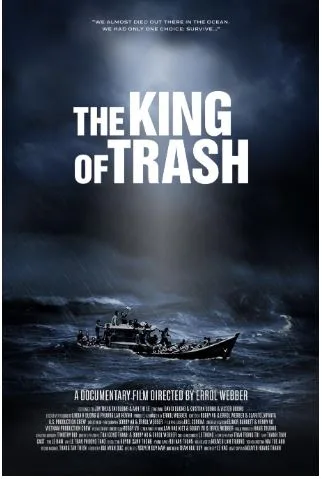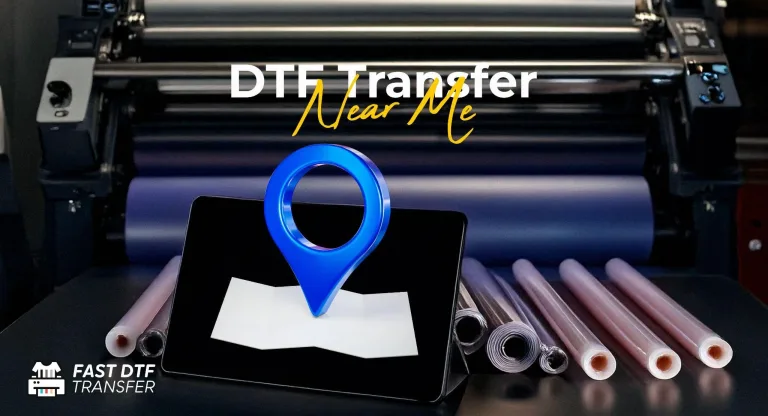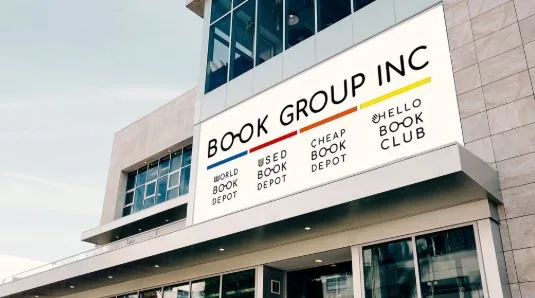The Digital Wedding Economy: How Online Platforms Are Redefining Tradition
The global wedding industry, valued at hundreds of billions of dollars, is undergoing one of the most significant transformations in its history. Once defined by formal rituals and face-to-face coordination, today’s weddings are increasingly shaped by algorithms, analytics, and digital innovation. Online platforms have quietly become the new planners, connecting couples with suppliers, managing logistics, and reshaping the economics of how people celebrate love.
Technology has not only streamlined wedding planning but also redefined what tradition means in the digital age. From invitations and photography to guest management and budgeting, nearly every aspect of the wedding experience can now take place online.
A Global Shift Toward Digital Planning
The shift to online wedding planning began gradually in the early 2010s with the rise of Pinterest boards, digital registries, and DIY websites. What was once a niche convenience became an industry standard during the pandemic, when couples were forced to move events, redesign ceremonies, or host virtual celebrations.
That period of disruption accelerated the adoption of digital wedding tools such as Say I do. Couples began to rely on websites and mobile apps not just for communication but for entire event workflows. Today, it is estimated that more than 80 percent of engaged couples use at least one digital platform for wedding planning, with many managing the entire process online.
For younger generations, especially Millennials and Gen Z, the appeal is obvious. Digital tools offer flexibility, transparency, and cost control, key considerations in an era of rising expenses and global inflation.
Technology as the New Planner
Online wedding platforms now provide an ecosystem of tools that once required multiple professionals. Couples can design digital invitations, track RSVPs, assign seating charts, and coordinate with vendors all within one dashboard.
Artificial intelligence has further personalised the experience. AI-powered systems can recommend colour schemes, venues, and even menu choices based on user preferences and budgets. Some tools use data analysis to forecast costs and timelines, giving couples insights that traditional planners once guarded closely.
The rise of automation also means that tasks like reminder emails, payment tracking, and schedule updates happen seamlessly. This efficiency reduces stress and eliminates the need for constant manual coordination.
While traditional planners still play a valuable role in large or complex events, many couples are now adopting hybrid approaches, using digital tools for logistics while relying on professionals for design and day-of coordination.
A Booming Digital Economy
The expansion of the online wedding sector represents a major economic shift. Analysts estimate that the digital segment of the global wedding industry now accounts for several billion dollars in annual revenue. This includes platforms that sell services directly, as well as the growing market of digital vendors who operate entirely online.
Photographers, florists, and designers increasingly find clients through digital marketplaces rather than referrals or physical showrooms. Wedding technology startups are also emerging rapidly, offering everything from AI-driven planning to virtual-reality venue tours.
The result is a decentralised economy where small businesses can compete globally. A planner in Mumbai can design an event for a couple in London. A stationery designer in Manila can sell digital invitation templates to clients in New York. This level of connectivity has opened doors for creative professionals and reduced the dominance of traditional event planning hubs.
The Redefinition of Tradition
The digital wedding economy is not simply changing logistics. It is reshaping cultural expectations.
Historically, weddings followed rigid structures, with traditions passed down through generations. But online platforms have introduced new norms. Virtual RSVPs have replaced handwritten replies. Hashtag campaigns have replaced guest books. And photo-sharing apps have replaced the physical wedding album.
Even the meaning of attendance has changed. Livestreaming technology allows guests to join ceremonies from anywhere in the world, bridging geographical divides. Hybrid weddings, combining in-person and virtual experiences, have become not just a pandemic workaround but a symbol of inclusivity.
This blending of old and new traditions reflects a larger social shift. Digital tools are not erasing cultural rituals; they are adapting them to the realities of global life.
Economic Accessibility and Sustainability
Technology has also made weddings more financially accessible. Couples can now plan professional-quality events without the expense of full-time planners or printed materials. Digital invitations, online seating planners, and automated RSVPs save money while maintaining sophistication.
Sustainability is another area where digital platforms are making a measurable impact. Reducing paper use through digital invitations and guest management systems has lowered the environmental footprint of weddings. Virtual meetings with vendors minimise travel, while online coordination cuts down on waste from miscommunication or over-ordering.
These efficiencies are appealing to modern couples who want both affordability and eco-consciousness, two values that align closely with global consumer trends.
The Challenges of Going Digital
Despite the convenience of online planning, it is not without challenges. Data privacy and cybersecurity have become key concerns as couples store personal information, guest lists, and payment details online. A single breach could expose sensitive data or financial information.
There is also a cultural tension between convenience and meaning. Some critics argue that over-reliance on technology risks reducing weddings to transactional experiences, where emotional connection gives way to efficiency. The challenge for the industry is to balance digital innovation with authenticity and personal touch.
Furthermore, digital fatigue is real. Couples already spend significant portions of their lives online. Planning a wedding entirely through screens can sometimes feel impersonal or overwhelming. For this reason, many are choosing hybrid approaches, leveraging digital tools for practicality while keeping the human connection intact.
A Future Built on Flexibility
The evolution of the wedding industry reflects a broader truth about modern life: convenience, choice, and personalisation are the new luxuries. Online platforms have made it possible for couples to plan global, complex events without losing control of their budgets or vision.
The digital wedding economy is still young, but it is growing rapidly. As technology continues to advance through artificial intelligence, automation, and even virtual reality, the line between digital planning and human creativity will continue to blur.
For now, the trend is clear. Tradition is no longer defined solely by rituals passed down through generations. It is being rewritten through pixels, platforms, and personalisation. In the process, technology is not replacing the heart of weddings. It is simply giving couples new ways to celebrate it.





